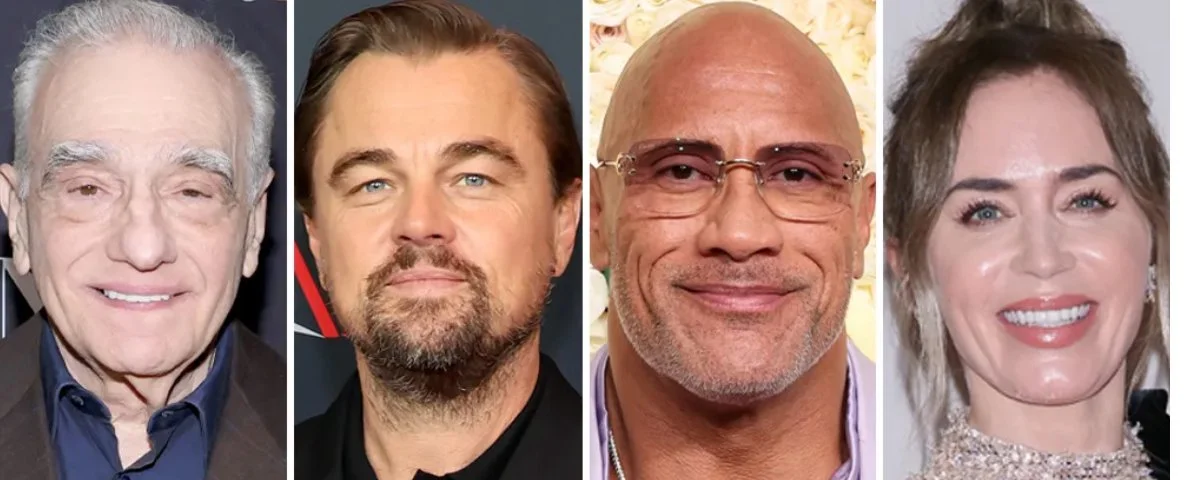When making a list of the best television of 2019, one has to now make the mandatory comparisons to “cinema” and what has, misguidedly, become a sort of consensus from the “connoisseurs” — that TV, once dubbed the “idiot tube” is now at the same level of quality as movies. I too was once convinced of this, especially in the era of “Breaking Bad,” which was such a phenomenon that it quickly became the example that people would give as to why TV is on-par with cinematic quality. ‘Bad’ aired its final season in 2013 and, ever since then, we’ve had a few shows attempt to dethrone its title as king of the aughts (“Game of Thrones,” “The Leftovers” “Twin Peaks: The Return”) but, dutifully, skepticism started reigning over me — maybe ‘Bad’ was as good as it got, for now.
1) Succession
2) Barry
3) Russian Doll
4) Veep
5) Unbelievable
6) Fleabag
7) Mindhunter
8) Chernobyl
9) Better Things
10) Fyre
And yet, there were plenty of surprises to be found on the small tube this year.
For example, the Netflix-distributed “Russian Doll,” which had Natasha Lyonne star in this comedy-drama series as NYC born and bred Nadia, a young woman caught in a mysterious loop as she repeatedly attends the same event and dies at the end of the night each time -- only to awaken the next day unharmed as if nothing had happened. A delectable mystery box of a vision, Lyonne, who created the show with Amy Poehler and Lesley Headland, found ways to play around with oft-used “Groundhog Day” narrative trickery in both creative and visionary ways.
The seventh and final season of Armando Iannucci’s “Veep” concluded on a major high after a rough penultimate season as former senator Selina Meyer campaigned for, once again, the opportunity to serve as President of the United States. Trying to prevent various political uproars while juggling her public as well as private life, Meyers, played by a brilliant Julia-Louis Dreyfus, was the sort of political deviant who would fit quite well with the Hilary Clinton-era of pay-for-play activities.
Most surprising was the cold-case Netflix drama, “Unbelievable,” which turned the cold-case murder-mystery genre in over its head by avoiding clichés and getting to the core emotions of its #MeToo-driven storyline. This scathing miniseries, heralded by twin peak performances from Toni Collette and Merritt Wever as detectives trying to solve a series of rapes in Washington and Colorado. Despite its hefty political relevance, “Unbelievable,” which was co-created by Susannah Grant, Ayelet Waldman, and author Michael Chabon, avoided the usual on-the-nose pitfalls of virtue-signaling to get deep into the matter of sexual misconduct.
HBO also had an Emmy-winning mini-series to its name, the compulsively watchable “Chernobyl,” which painstakingly tried to replicate what it must have been like to be in Russia at the time of the now infamous nuclear reactor explosion that ended up poisoning millions, despite Russia’s propagandist damage control campaigning. Created and written by Craig Mazin and directed by Johan Renck, the series featured a staggering amount of talent in an ensemble cast led by Jared Harris, Stellan Skarsgård and Emily Watson. The only reason why it stopped short of greatness was its decision to have Russians speaking perfectly British English throughout its 5-episode run, a decision that would sometimes take the viewer out of its perfectly created doom and gloom world.
Finally, most fascinating of all was Phoebe Waller-Bridge’s “Fleabag,” a sitcom-y drama about a train wreck of a woman trying to find purpose in a shielded life. For many, this was the show of the year, directed, written and acted by a woman, loosely based on her own experiences as a carrier of the X chromosome.
As more A-list directors join the ranks of Netflix every year (Fincher, Scorsese, Coen, Soderbergh, Cuaron) we start to realize that the gap between cinema and TV is still large enough that we can tell the difference between, say, a “Chernobyl” and “The Irishman.” Both well-made endeavors, but one (“Chernobyl”) handicapped by concessions which had to be made to please idiot tube viewers and the other, Scorsese’s opus, making no concessions whatsoever and telling its story in almost 4 straight hours (without pausing, please) and ending with the kind of thoughtfully conceived cinematic meditation which knocks you out for a loop.




